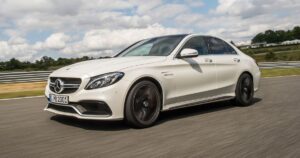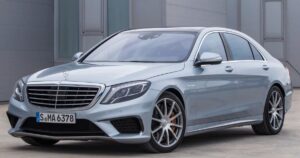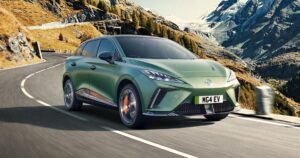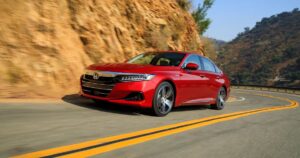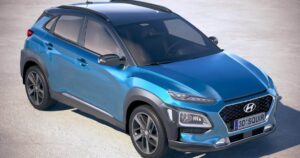Hybrid cars are becoming more popular as people look for eco-friendly ways to drive. These cars combine a traditional gas engine with an electric motor, offering better fuel efficiency and lower emissions. However, one question often comes up for hybrid car owners.
Is hybrid car insurance expensive? The answer depends on several factors, including the car’s value, repair costs, and insurance discounts. Understanding these factors can help car owners make informed decisions about their insurance policies.
What Factors Determine the Cost of Hybrid Car Insurance?
The cost of car insurance depends on various factors, and hybrid cars are no exception. Some of the critical factors include
- Vehicle Type: Insurance rates are influenced by the model and type of the vehicle. Hybrid cars often feature advanced technology and expensive components like batteries, which can increase repair costs.
- Driving Record: A clean driving record helps keep insurance premiums low. Drivers with accidents or traffic violations might face higher rates, regardless of the type of car they drive.
- Location: Where you live significantly impacts your insurance costs. Urban areas with higher traffic and theft rates often result in higher premiums compared to rural regions.
- Usage: How often you use your car can influence the rates. Hybrid cars are typically seen as environmentally friendly and suitable for frequent use, but extensive usage might increase premiums.
- Safety Features: Many hybrid cars come equipped with advanced safety features. These can sometimes lower insurance rates as they reduce the risk of accidents.
The Basics Of Hybrid Car Insurance

The cost of hybrid car insurance is influenced by the same factors as traditional car insurance. Insurers look at the car’s make, model, age, and safety features. They also consider the driver’s history, age, and location.
Hybrid cars often come with advanced technology, which makes them expensive to repair. For example, if the battery or electric motor gets damaged, the cost of replacement can be higher than fixing parts in a conventional car. This increased repair cost may lead to higher insurance premiums.
Discounts And Benefits For Hybrid Cars insurance
Many insurance companies offer discounts for hybrid car owners. These discounts are part of their effort to encourage eco-friendly choices. For example, some insurers offer “green vehicle” discounts, which can help lower premiums.
Additionally, hybrid cars are known for their safety features, which can further reduce insurance costs. Features like advanced braking systems, collision detection, and lane assistance make hybrids safer, reducing the risk of accidents.
Repair Costs And Their Impact
Repair costs play a big role in determining insurance premiums. Hybrid cars often require specialized mechanics and parts, which can make repairs more expensive. For example, the battery in a hybrid vehicle is a critical component. If it gets damaged, replacing it can cost thousands of dollars.
However, not all hybrids are expensive to insure. Smaller hybrid models with fewer features may have lower repair costs. The make and model of the car can significantly influence insurance prices. Researching different hybrid models and their insurance costs can help buyers choose a car that fits their budget.
Comparing Hybrid And Conventional Car Insurance Costs
When comparing hybrid and conventional car insurance, the differences are not always clear-cut. Some hybrids may cost more to insure, while others may be similar in price to their gas-powered counterparts. The cost difference often depends on factors like the car’s value, safety features, and driver profile.
For instance, a hybrid car with high-end technology and expensive parts may have higher insurance premiums than a basic gasoline car. On the other hand, a budget-friendly hybrid with excellent safety ratings may cost less to insure. Drivers need to compare quotes from multiple insurers to understand how their hybrid car stacks up in terms of insurance costs.
Driver Behavior Role in insurance
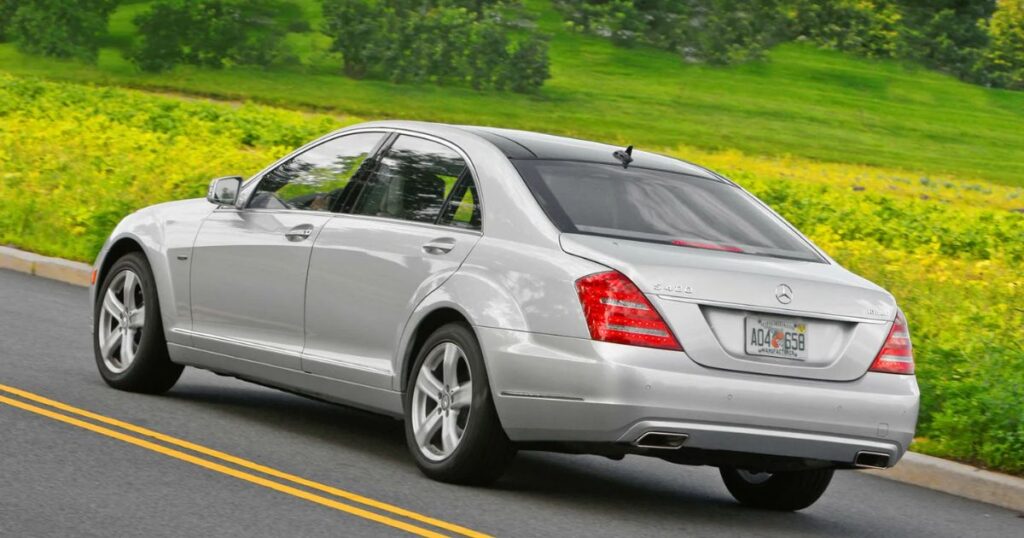
A driver’s behavior significantly impacts insurance premiums. Safe drivers often receive lower premiums, regardless of whether they drive a hybrid or a conventional car. Conversely, drivers with a history of accidents or traffic violations may face higher premiums.
Many insurers also offer usage-based insurance programs that monitor driving habits. These programs use telematics devices to track things like speed, braking, and distance traveled. Drivers who participate in these programs can earn discounts for safe driving. Hybrid car owners who drive responsibly may benefit from these discounts.
Do Hybrid Cars Cost More To Insure?
Hybrid cars often cost more to insure than traditional cars. Here are some reasons
- Repair Costs: The components of hybrid cars, like electric batteries and dual engines, are more expensive to repair or replace. These costs lead insurers to charge higher premiums.
- Higher Value: Hybrid cars generally have a higher market value than their conventional counterparts. This increased value can result in higher payouts for insurance claims, which insurers offset by raising premiums.
- Limited Mechanics: Not all mechanics specialize in hybrid cars. The limited availability of hybrid repair experts can increase repair costs, affecting insurance rates.
- Advanced Technology: Hybrid vehicles use cutting-edge technology. While this improves efficiency and performance, it can also mean higher repair costs, which influence premiums.
Regional Differences in Insurance Costs
Where you live also affects the cost of insuring a hybrid car. Insurance rates vary by region due to differences in traffic patterns, accident rates, and repair costs. Smaller hybrids or models with fewer advanced features may have insurance costs similar to conventional cars.
In areas with high traffic congestion, insurance premiums may be higher for all vehicles, including hybrids. Conversely, in regions with lower accident rates, hybrid car owners may enjoy more affordable insurance.
Common Myths About Hybrid Car Insurance
The topic of hybrid car insurance has many myths. It is often misunderstood by drivers. Some believe hybrid cars are more expensive to insure. This is not always true. Insurance costs depend on many factors.
- Myth 1: All hybrids have expensive insurance.
- Fact: Costs depend on multiple factors like driver history and location.
- Myth 2: Insuring hybrids lacks discounts.
- Fact: Many insurers provide eco-friendly and safety discounts for hybrids.
Dispelling myths helps drivers make informed choices about hybrid insurance. The car model, location, and driver history matter. Another myth is that all hybrid cars are unsafe.
Is Hybrid Car Insurance Worth The Cost?
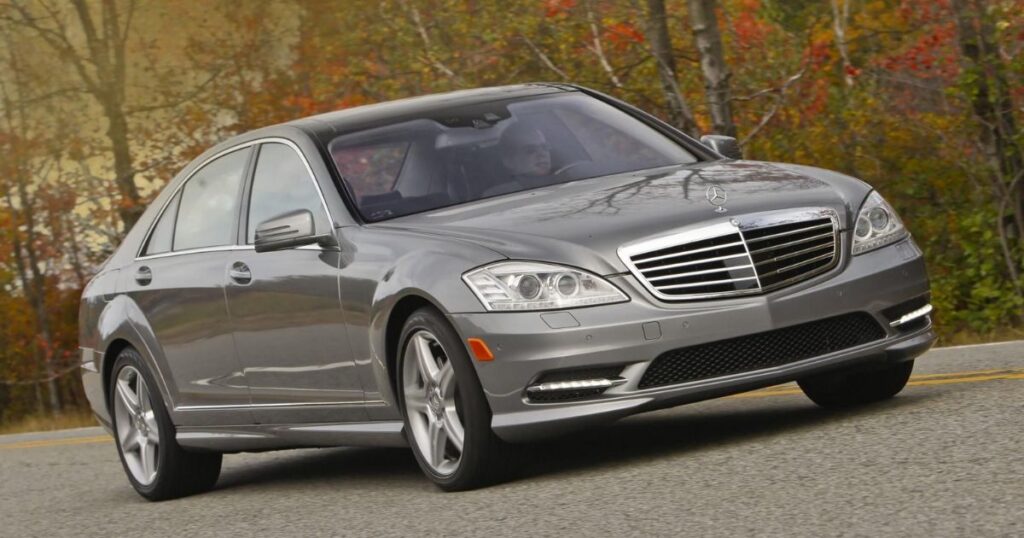
While hybrid car insurance may be more expensive in some cases, the benefits of owning a hybrid often outweigh the costs. Hybrid cars save money on fuel and reduce environmental impact. Additionally, many hybrid models retain their value better than traditional cars, making them a smart long-term investment.
For car owners considering a hybrid, it’s essential to look at the overall cost of ownership, including insurance. Comparing quotes from multiple insurers and taking advantage of discounts can help make hybrid car insurance more affordable.
Frequently Asked Questions
Why is hybrid car insurance more expensive?
Hybrid car insurance can be more expensive because hybrid vehicles often have advanced technology and specialized parts that cost more to repair.
Do insurance companies offer discounts for hybrid cars?
Yes, many insurance companies offer discounts for hybrid car owners. These discounts, often called “green vehicle” discounts, reward drivers for choosing eco-friendly cars.
Are all hybrid cars expensive to insure?
No, not all hybrid cars are expensive to insure. The cost depends on the car’s make, model, safety features, and repair costs. Smaller hybrids or models with fewer advanced features may have insurance costs similar to conventional cars.
How can I reduce the cost of hybrid car insurance?
To reduce hybrid car insurance costs, compare quotes from multiple insurers and look for discounts. Safe driving habits and participation in usage-based insurance programs can also help lower premiums.
Conclusion
The cost of hybrid car insurance is influenced by various factors, including the vehicle’s technology, repair costs, and market value. While hybrid insurance may be slightly more expensive than traditional car insurance.
The savings on fuel and the environmental benefits can make up for the difference. By exploring discounts and maintaining good driving habits, you can find affordable insurance options for your hybrid car.

Hello, Ride here I’m excited to share everything about hybrid cars. We provide helpful Tips And guide about hybrid cars.

